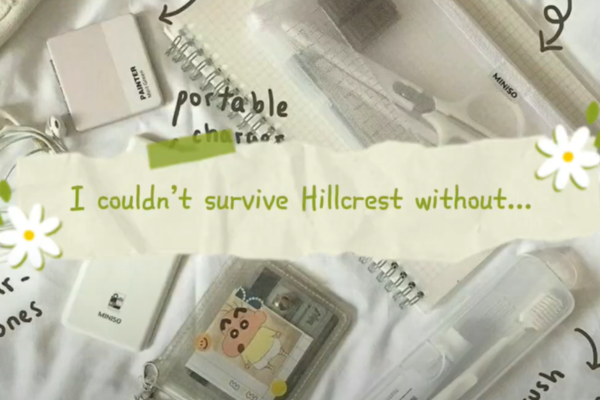Paleo Diet: A Commentary
January 8, 2016
Currently in America, over one-third of adults and over one-sixth of children are obese. It’s quite the unforgiving truth, but everyone needs to hear it because it is such an inordinate portion of our nation. The wake of this news brought in plenty of healthy alternatives and diets in an effort to find a way to remedy this problem. One of the diets that came in is the paleo diet, a health enthusiast diet based on the grounds that humans survived as hunter-gatherers before they became omnivores and successfully provides all the intake needed to survive. It has caught a lot of flak from non-believers because of its premise, and so I’m going to fully break it down, and then we’ll decide if the paleo diet is worth implementing in your life.
The Paleo diet system is constructed on the belief that humans once survived as hunter-gatherers and evolutionary sciences have shown that our bodies have not fully adapted to digest some of the ingredients in our modern foods, such as gluten. Keeping that in mind, it was then possible to revert to a diet that is as close to the diet we used to follow as hunter-gatherers, just by removing and inserting food groups and conditions into our dietary habits. It makes a lot of sense, but the criticism is that we became omnivores ten thousand years ago, which would have allowed the human body to evolve to be dependent on these nutrients.
Looking at the way the Paleo diet is structured and the things that have changed with the human condition since we adapted away from the Paleo diet, there are a lot of pros pointing to the Paleo diet. For one, its sharply reduced sugar intake easily combats the development of diseases linked to excessive free sugar intake. Such diseases including but are not limited to Type 2 Diabetes, heart disease, and tooth decay. While on the Paleo diet, you also take in a larger amount of fiber. This increase in fiber seems false at first glance, until you realize that non-starchy vegetables and even fruits have more fiber in them than whole grains like we’ve been told forever. It also helps to digest everything and keep your body’s in and out system working. Paleo diets also address the lack of potassium and excess of sodium in common dietary practices, especially considering that the average American consumes twice as much sodium as they do potassium. This rebalancing of potassium and sodium helps the heart, kidney, and more organs function smoothly and properly.
The Paleo diet also attracts quite a lot of criticism from those who don’t completely agree with its premise or design. One of the biggest gripes with Paleo diets is that it heavily restrictive and removes the balance that has been established between the food groups in their consumption amounts. The balance has been proven to be healthy and there isn’t any substantial evidence that those who practice the Paleo diet are healthier than those who don’t. In addition to this, the argument that the human body hasn’t had time to evolve and adapt to the domestic foods has been argued to be false given that ten thousand years has shown to be plenty of time for evolutionary changes to occur. The last major gripe is that this enables the people to not be concerned with their portion sizes. While the problem may be obesity and it can be traced back to the processed food we consume, it cannot be forgotten that the problem comes from the quantity of food that is consumed, and that obesity would then form from a lack of portion control. If the problem was solely a food selection problem, then Paleo diets would be the solution. But as long as there is a portion control issue at hand as well, many people who switch to Paleo diets might still be unable to control their portion sizes and find a way to make this diet problematic as well.
Paleo diets reside in a constant limbo of love and hate with different crowds of people. After my analysis, I don’t hate the Paleo diet, but I do not think it is as beneficial as it claims to be. While an increase in fiber and potassium and a decrease in sugar and sodium are greatly beneficial, the diet is based upon the false premise that the human body has not evolved to be able to digest the contents of domesticated food. I also think that diets are enabling the public to just consume more and more to sate their hunger. So, even though the Paleo diet proposes many great things, it just seems to be slightly false and possibly a contributor to the actual problem.

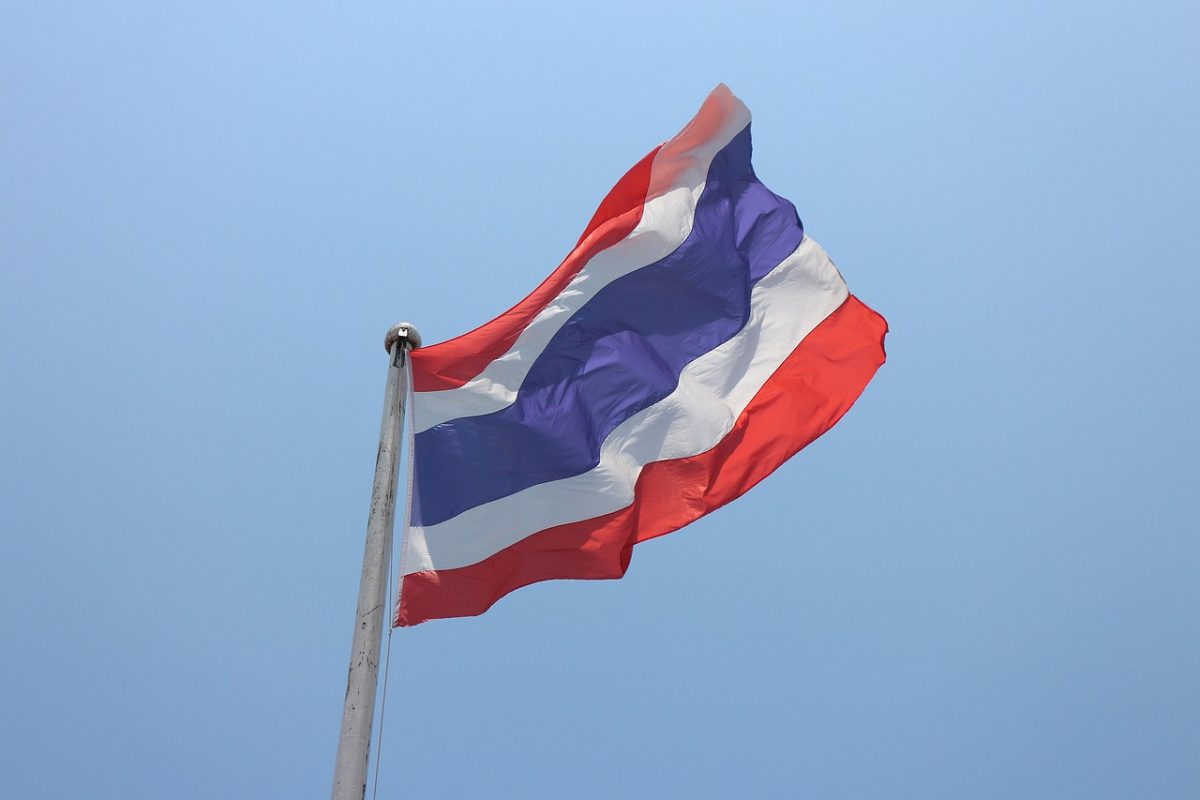



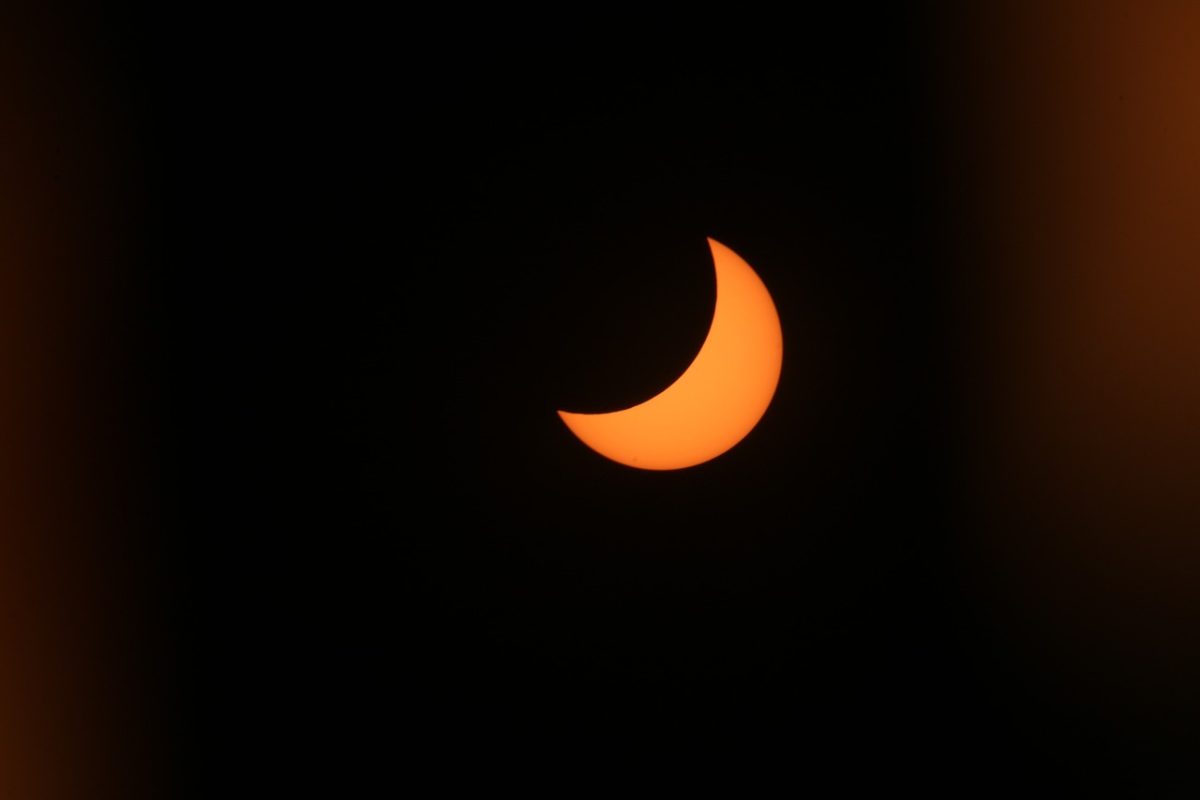
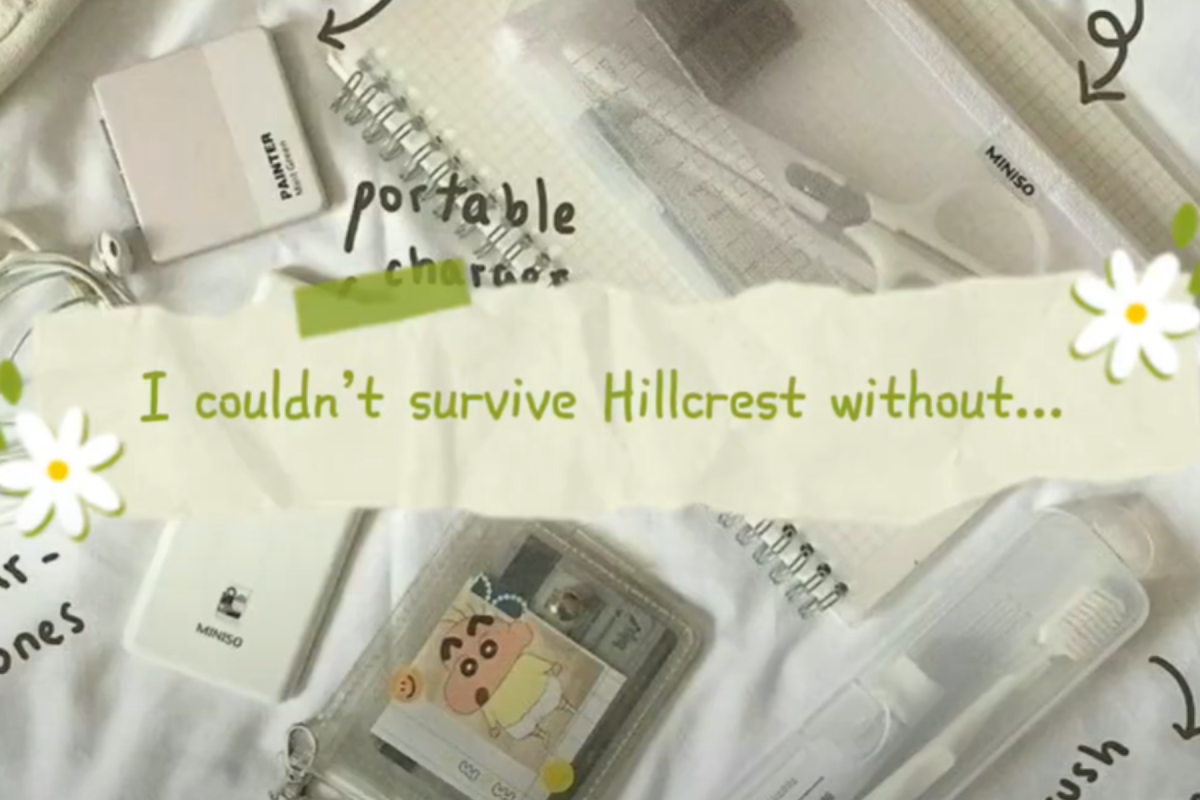



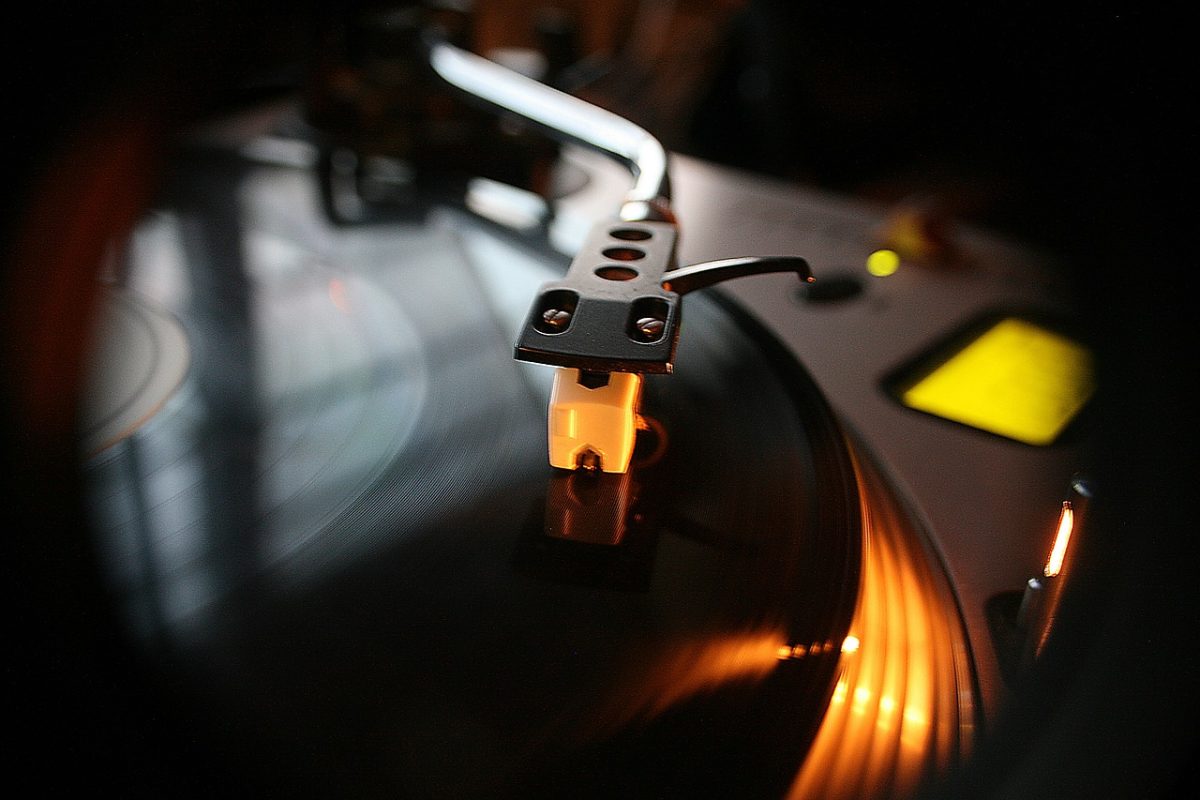
![Princess Peach Showtime! [My Take]](https://hillcresthawkeye.com/wp-content/uploads/2024/05/princess-peach-showtime-1200x675.webp)





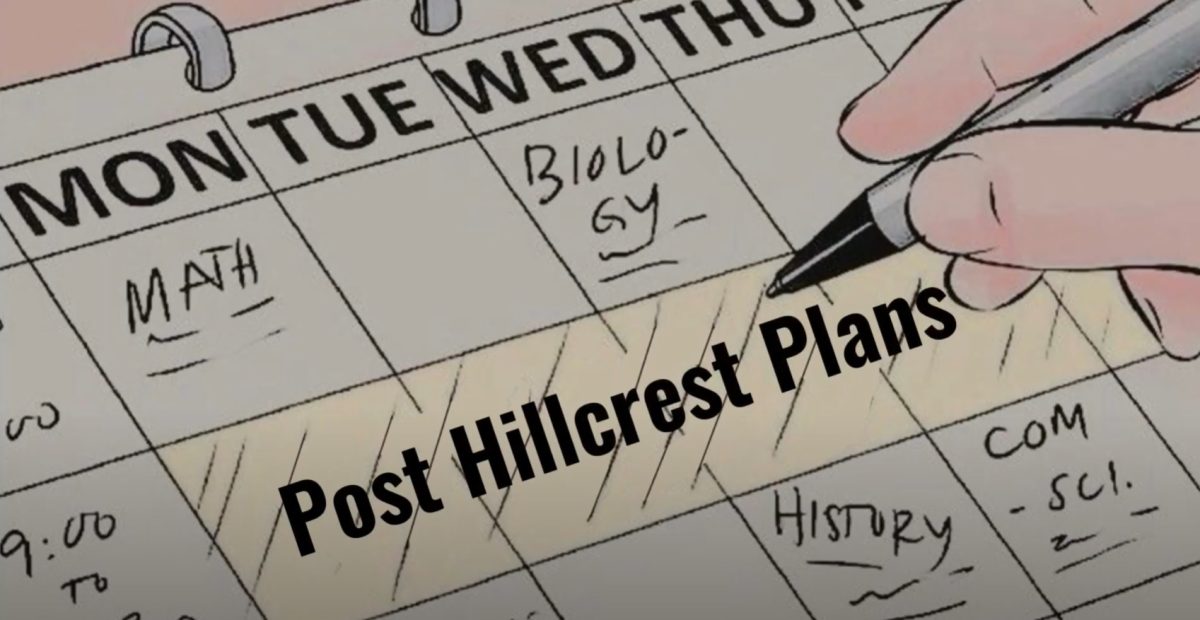













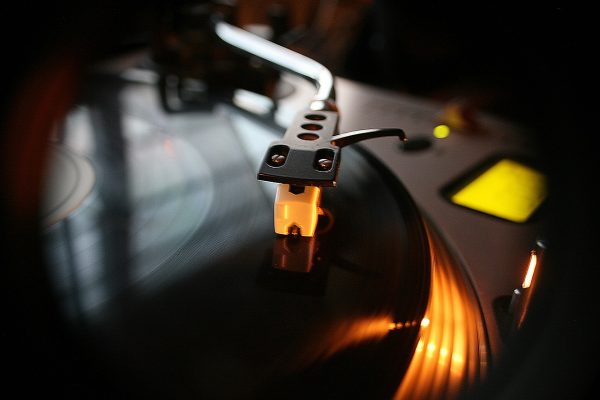


![Princess Peach Showtime! [My Take]](https://hillcresthawkeye.com/wp-content/uploads/2024/05/princess-peach-showtime-600x338.webp)
